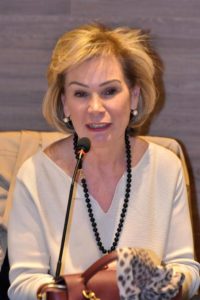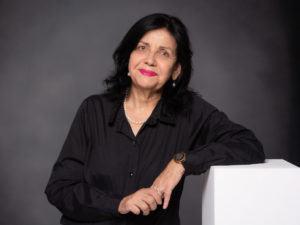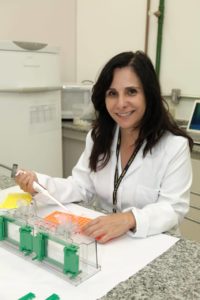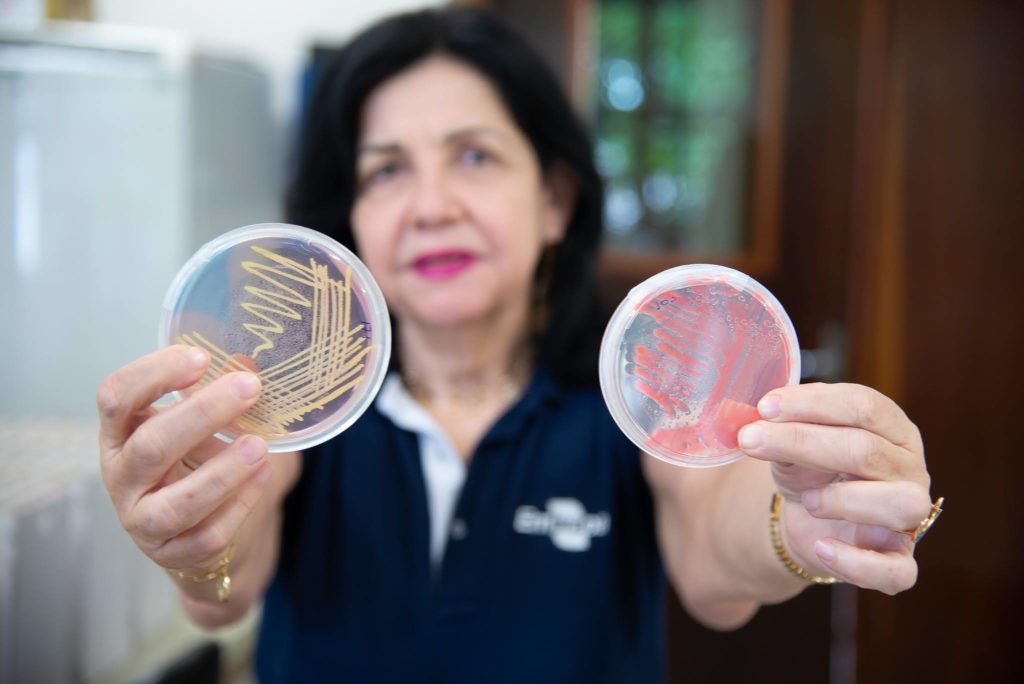São Paulo – Women have played an increasingly larger role in research in Brazil, using their scientific work to create new information and solutions for fields ranging from medicine to agriculture and industry. They account for 55% of all 395,000 students enrolled in postgraduate courses like master’s and PhD, where major discoveries are made in the country.

Out of the grantees of the Coordination for the Improvement of Higher Education Personnel (CAPES), a Brazilian agency under the Ministry of Education of Brazil responsible for quality assurance in undergraduate and postgraduate institutions in the country, 58% are women. Furthermore, in fields like Science, Technology, Engineering and Math (STEM), they account for 26%.
CAPES is also responsible for encouraging the creation of research and disseminating scientific information. Since April 2021, the program has been chaired by a woman, Cláudia Queda de Toledo.
Nina Ranieri has worked as a researcher for 30 years, is a Law professor and UNESCO chair on the Right to Education at the Law School of the University of São Paulo (USP), and she chaired the Legal Research Commission of USP for four years. UNESCO stands for the United Nations Educational, Scientific and Cultural Organization.
Ranieri, who now advises master’s classes with over half of women, talks about the relevance of having female researchers in the country, “When there’s no diversity, different regards and interests, the research is restricted to a few topics, and you can’t grow without diversifying. Diversification allows the research agenda to keep renovating itself and benefiting society.”

Similar to Ranieri, Mariângela Hungria (pictured on the cover photo) has worked with female researchers for three decades. An agronomist and professor in colleges in Paraná, she develops research at the agricultural research company Embrapa Soybean and was named in 2021 to Forbes Brazil’s list of “100 Powerful Women of Agribusiness”.
She notices that many changes have taken place over the last years. “Back in my day, there were few women studying agriculture, and I went through my fair share of prejudice, but this has changed. Now I’m thrilled that over 60% of my supervisions were given to women,” she says. She believes that research has been more sought out by women over the years because they prove to be more patient to repeat and test their theories than men are.

Ana Paula Fernandes is a biologist, Pharmacy professor, researcher at the Center for Vaccine Technology of the Federal University of Minas Gerais (UFMG), and coordinator of the COVID-19 detection department of the Virus Network of the Ministry of Science, Technology and Innovations of Brazil.
An expert in analysis and vaccine molecular biology, she led the creation of an all-Brazilian serological diagnosis for the coronavirus detection. “I’m very pleased to see that my 27-year experience has been put to good to use for serving society. I believe my work can be an example for the girls who dream on doing research. When a woman progresses through her career and realizes that she can be a role model, this opens opportunities,” she says.
The researchers agree that encouraging women to engage in research is good for the scientific studies and the country’s industry, and it helps to build a more equal society. “Women bring a unique contribution to research because we have a different perspective on relevant topics and how to conduct studies,” Fernandes says.
Special report by Rebecca Vettore for ANBA
Translated by Guilherme Miranda




